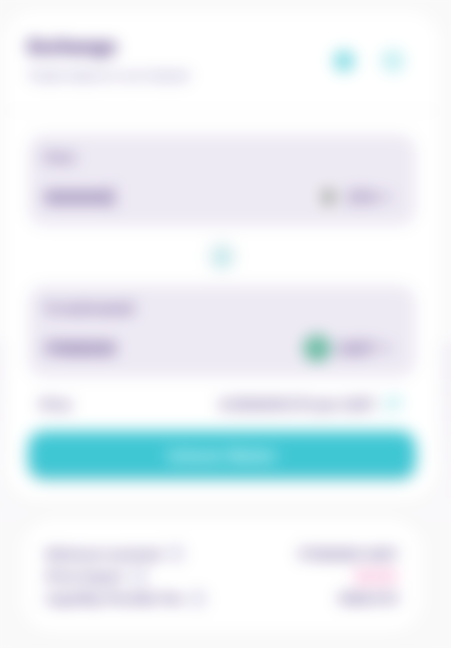In order to understand the logic of DEX (Decentralized Exchange), it is first necessary to understand how traditional exchanges work.
Traditional exchanges bring buyers and sellers together in one place. It provides a safe environment. It mediates the clearing. And he gets commission from this trade. For example, you have 1 ETH money and send it to the exchange to sell it. Another sends $ 1500 to the exchange to buy 1 ETH with $ 1500. The exchange will bring you two together and perform this swap. It charges commissions from the buyer and seller. Selling / Buying is not an exchange. It is central to exchanges. There is an owner. You trust these exchanges, you entrust your assets to them. They also give you this trust and earn money. Binance, Btcturk, Paribu, Okex etc. is the central stock exchange. The working logic of all of them is the same.

Decentralized exchanges are smart contracts on the blockchain. For example, this contract says, if someone sends 1 ETH to me, send USD as much to his account. Thus, these smart contracts provide trust with coding and blockchain. Now the farming thing starts here. While buyers and sellers meet at Binance, buyers or sellers do not meet in DEXs, but directly interact with the contract. If there is not enough USD for 1 ETH in the contract, the price of 1 ETH will be very different from the actual price in this swap transaction.

Let's show a simple example to understand. Let's open the PancakeSwap and trade 1 ETH.
He gives me 1549.9 USD for 1 ETH. A real price. This means that there is enough USDT for 1 ETH in the contract.
Well let's swap 1 million ETH ..
(Not enough on contract)

When we swapped 1 million ETH, the average cost of 1 ETH was 1790 USDT.
As you can see, because there was not enough ETH in the contract, we got it at a far more expensive price than real.
The more money in a contract (LIQUIDITY), the more realistic the price will be.

This is where the calf's tail breaks off.
DEXs say I need money so that the price is close to reality. Come give me your money. I have a lot of money so people will trade at the right price.
And to those men like that who will give me money, I'll pay commission for every trade.

Here, those who put their money in these contracts are called Liquidity Providers.
LPs earn commission on every purchase / sale. Just as Binance gets into your pocket with every trade, LPs get the commission for DEXs. So those who provide money.

In 10 ETH exchanges, you pay a Liquidity Provider Fee, ie 0.04 ETH commission to those who provide liquidity.
So how do you become an LP?
The look is the same for all DEXs, come to your page and hit Liquidity.
Example of saying Add Liquidity, you will add 1 ETH Liquidity and subtract the USDT price to you.

You always need to add the same value of the coin you add, as well as the other coin.
So if 1 ETH is 1600 $
Besides 1 ETH, you will add 1600 $.
You say Add Liquidity. It's done, it's gone.
When you provide that liquidity, you earn commission as you buy / sell.

You can remove the liquidity at any time. The commissions you earn are automatically reflected as soon as you issue them.
Now when you provide Liquidity, they will give you LP Token. This LP Token is proof that "this guy has provided liquidity."
This LP Token is your signature that provides liquidity.

If you return these LP Tokens to DEX, you have removed your Liquidity.
So far I have explained the LP. There is also to issue another coin with this LP Token, which is called yield farming.
Don't get confused, it's simple.
If you give LP Token or give it to another place like Liquidity, it will thank you Thank you, brother, while I have your liquidity tokens, he says, let me give you my coin.
Thus, the man to whom you gave the LP Token rewards you with another coin.
Here you go, this is yield farming.
(These are also run through smart contracts.)

I explained all the basic logic.
After this time, you have the ball. Whichever DEX you are going to interact with, you put the coins you want to add liquidity to your wallet and send them to that DEX. You become LP.
You get commission on every trade.









